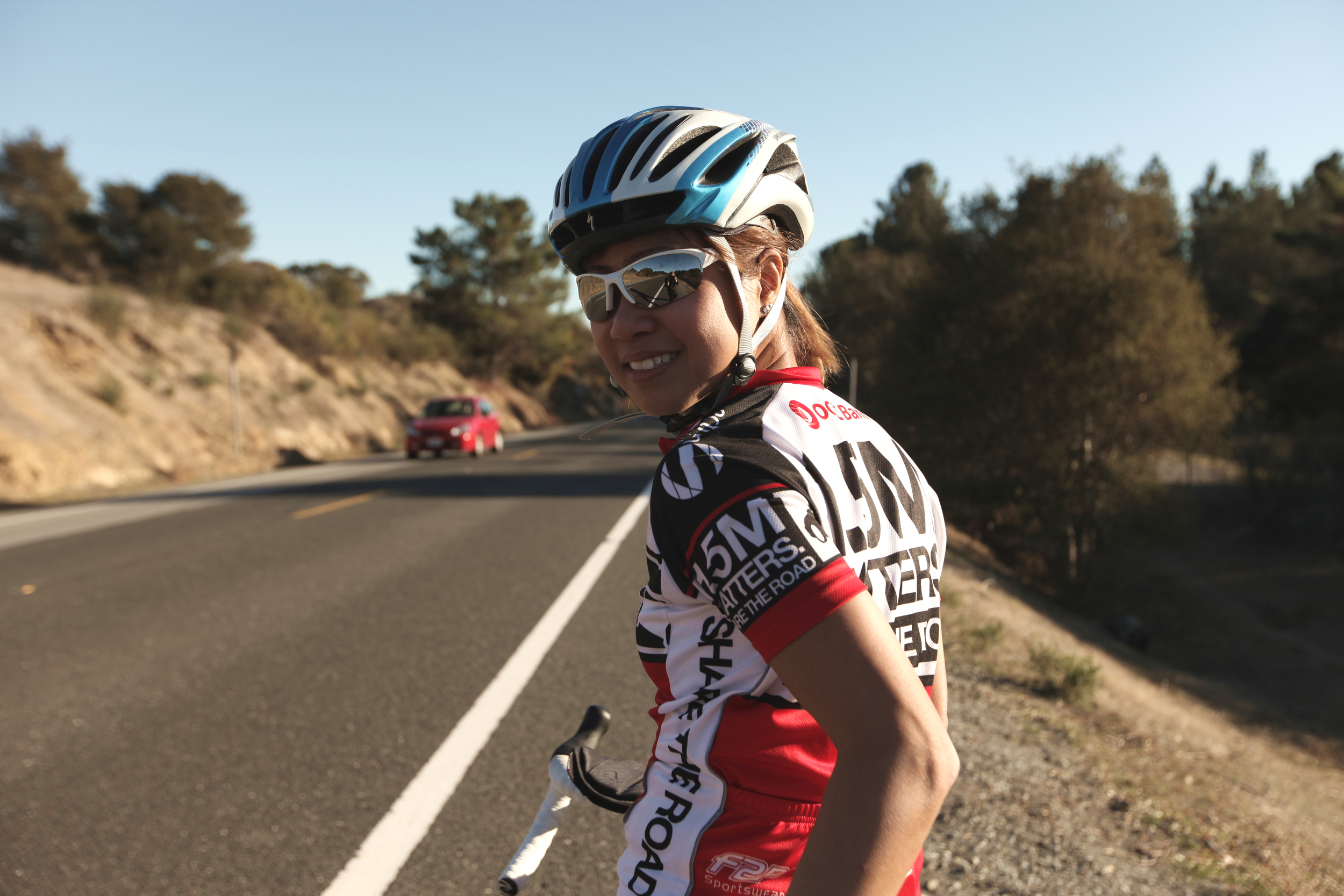Can I do this? I.M.Possible
Sometimes, our fears are unfounded. Like my recent bag of them.
I’m currently home in Singapore and Malaysia to visit family and friends.
Prior to my flight home, I was anticipating a barrage of questions and doubts from concerned ones about my unsupported ride across America, especially given the conservative Asian culture that views a girl riding in a foreign country as a highly dangerous act.
To my surprise, the barrage didn’t come. Instead, the questions came in soft drips, and were cushioned by genuine concerns that made me feel cared for and loved, rather than cornered.
Here are the commonly asked questions:
#1: Would you be riding in a group or riding solo? The reason for that question is a concern for my safety.
Answer: I’ll be starting the ride with a group of over a hundred cyclists; however, given that this would be a multi-day endurance ride, over the course of the ride, I may often find myself riding alone or if I’m lucky, with a rider or two along the road.
#2: Will Jason (the husband) be traveling with you? This, again, stems from concerns for my safety.
Answer: No, because he has to work. We will, however, make arrangements for him to fly out to cities along the route to meet me once a week. But more assuringly, as I’ll be filming a documentary of my ride cross country, I will have a camera crew tailing me as I ride. I will, however, not be receiving any help or assistance from the camera crew, as this is an unsupported ride - but for safety and filmmaking sake, I’m covered. ;)
#3: How do you train to ride over a hundred miles each day? This is a genuinely legitimate question that beckons a surprising answer which I’ve learnt from experience.
Answer: The human body is more powerful, remarkable and capable than we think it is. The human body is designed to cope with external pressures, adapt to external forces and evolve with the external environment.
How do I know this?
For 18 months last year, I trained for the Ironman. A 2.4-mile swim + 112-mile bike ride + 26.2-mile marathon run - all in one day. A professional triathlete typically completes the race in between 8 to 10 hours, while an average age group triathlete completes it anytime between 10 to 17 hours.
I crossed the finish line in just over 14 hours.
A typical thought would be this: In order to complete a race in averagely 14 hours, one would need to train 14 hours day, because only then would the body adapt to that duration of competitive stress, wouldn't that be so?
Surprisingly, the answer is No.
For me, a typical training day involved just under 2 hours of training on weekdays, and between 4-6 hours on a weekend.
That, in view of a long Ironman race day, seemed very little training.
But you see, I’ve experienced it first hand, what it means to train under 2 hours a day on a weekday, up to 6 hours on a weekend, and yet was able to race 14 hours in a single day.
Best of all, I didn’t keel over and drop to my knees after I crossed the finish line at the Ironman. I had more energy left in my tank than I knew what to do with it, so I smiled, leapt, laughed and joked, and oh yes, felt extremely hungry, so much so I was ready to take a bite off my medal.
My point is, the human body reacts to accumulative doses of stress. It is not a single day of long training that would prepare us for a long race day. It is the accumulative stress brought about by each training day that adds up and prepares the body to adapt to the onslaught of stress on race day.
For my ride across America, I will be riding between 100-150 miles every single day, for 30-40 days.
Honestly, the mention of it does scare me. But I have seen my body evolve, adapt and perform beyond what I thought it is capable of, and once again, come June this year, I will be putting myself to the test and watch my body, soul and mind rise to the challenge of conquering the adventure of riding 4,233 miles in under 40 days.
Do you believe and support me in this pursuit? If you do, would you drop me a line of encouragement in 'Leave a Reply' below? ;)
Also, stay tuned for ways you can support this project. The good news is, you'll receive a masterpiece of a high-quality documentary that will inspire and challenge your limits. Expected date of release: Fall of 2015



